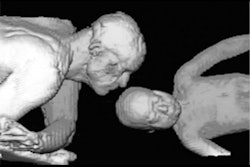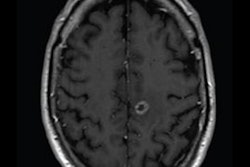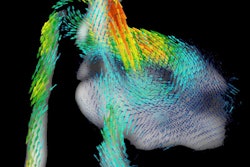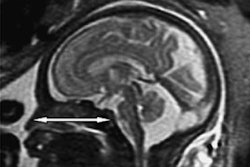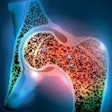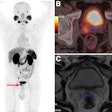
Using high-resolution MRI, a team of U.K. researchers has visualized white-matter tracts in fetuses, according to a study published on 12 May in Proceedings of the National Academy of Sciences of The United States of America.
A group from the Developing Human Connectome Project of King's College London used information from MRI exams from more than 120 healthy fetuses in the second and third trimesters of pregnancy to assess how structural connections in the brain develop. The results "demonstrate that different white-matter tracts in the brain mature at different rates and have distinct development trajectories," implying "important differences in the timing of vulnerability for different white matter tracts," the college said in a statement.
The researchers hope the images will help clinicians better understand what normal white matter looks like as a reference for diagnosing abnormalities.
"Similar studies in the past included fetuses with brain injuries in their datasets, meaning characterization of normal development was not possible," lead author and King's College London doctoral candidate Siân Wilson said in the statement. "In this cohort, our population did not have any abnormalities, so it gives unique insight into how normal development takes place and over a time frame in development when the most dramatic changes in the white matter structure are taking place."




